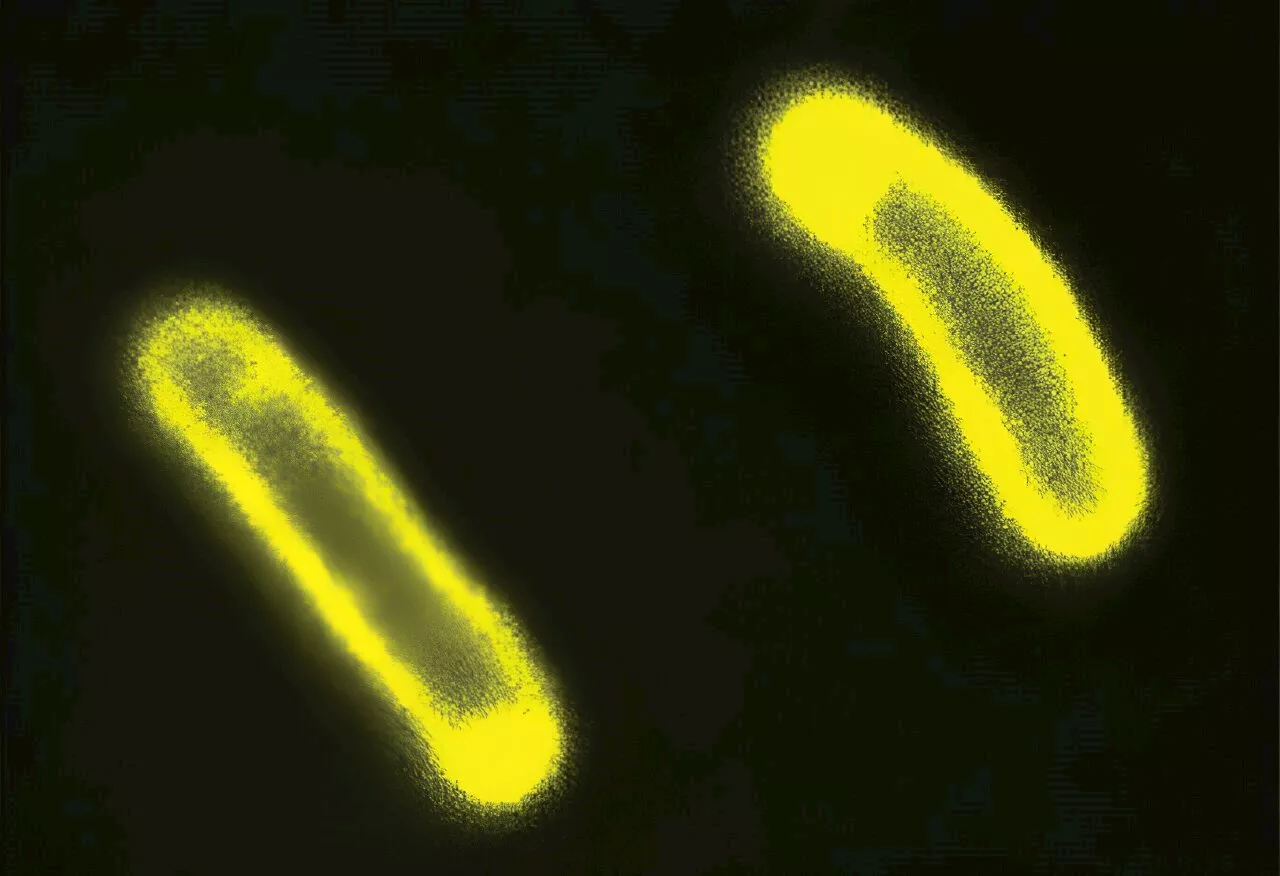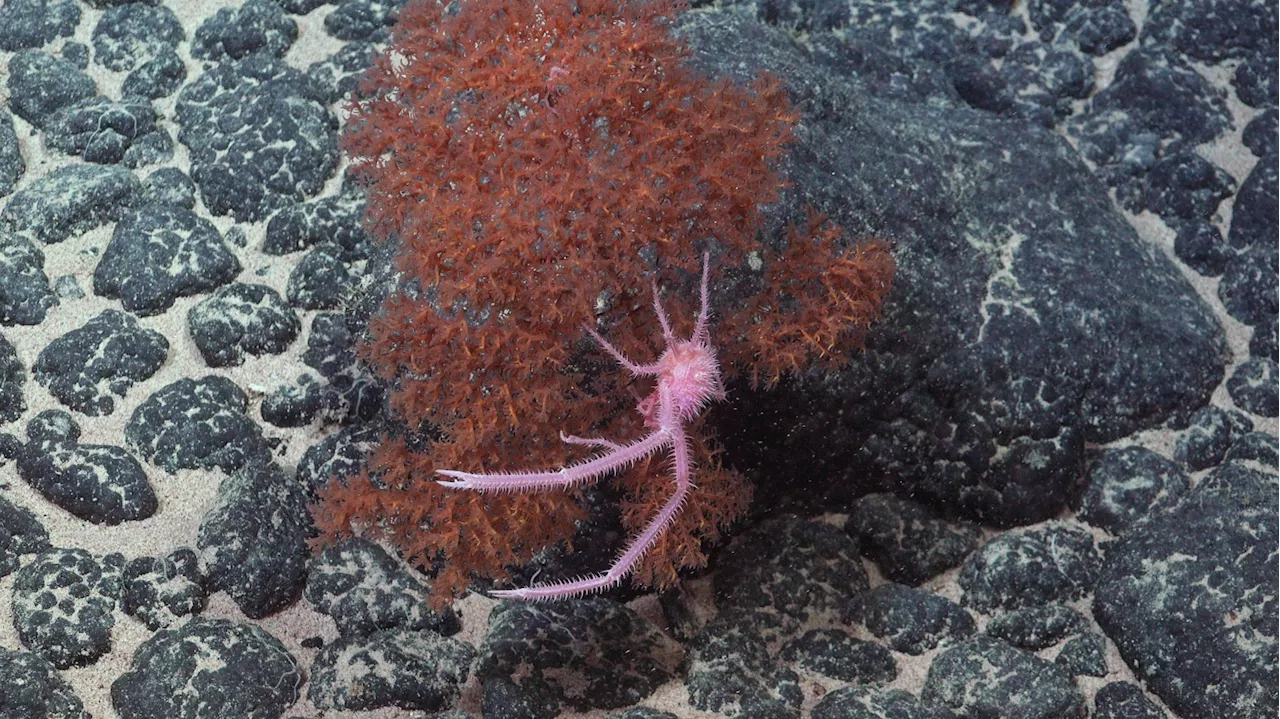Researchers have shown that the formation of biological condensates affects cellular activity far beyond their immediate vicinity. The results show that they may be a previously missing mechanism by which cells modulate their internal electrochemistry.
And those internal controls, in turn, affect the cellular membrane, which allows these unassuming blobs to affect global traits and outcomes such as resistance to antibiotics.
Previous studies have shown that these blobs can separate or trap together certain proteins and molecules, either hindering or promoting their activity. They have also revealed that these structures provide an alternative energy source that might power some aspects of biological chemistry. "This is likely just the tip of the iceberg," added Ashutosh Chilkoti, the Alan L. Kaganov Distinguished Professor of Biomedical Engineering at Duke."We expect that these electric potential effects express themselves in a wide variety of ways through cellular behaviors."
"Even a tiny number of these condensates centrally distributed well away from the cell membrane can create a chain reaction that can change this global property," explained Yifan Dai, an assistant professor of biomedical engineering and a member of the Center for Biomolecular Condensates at Washington University in St. Louis, who conducted the research as a postdoctoral researcher at Duke."This paper shows there is no escape from these effects.
"Our work uncovers a role of condensates in regulating global cellular physiology," You said."While we don't yet have a concrete mechanistic understanding of how cells are deploying this activity to regulate their functionality, it's a major discovery that it's happening at all."
Lymphoma Human Biology Immune System Cell Biology Biotechnology And Bioengineering Biology Molecular Biology
United States Latest News, United States Headlines
Similar News:You can also read news stories similar to this one that we have collected from other news sources.
 Understudied protein blobs have global effects on cell biochemistryMost biological chemistry research has historically focused on the obvious cogs of machinery that keep life moving. Folding proteins, genetic activity and electrical signaling pathways are the easiest targets for finding irregularities that lead to disease.
Understudied protein blobs have global effects on cell biochemistryMost biological chemistry research has historically focused on the obvious cogs of machinery that keep life moving. Folding proteins, genetic activity and electrical signaling pathways are the easiest targets for finding irregularities that lead to disease.
Read more »
 A newly mapped underwater mountain could be home to 20 new speciesResearchers who led the 28-day expedition along the nearly 2-mile tall seamount hope the discoveries made will inform future policies safeguarding the understudied, high-seas region.
A newly mapped underwater mountain could be home to 20 new speciesResearchers who led the 28-day expedition along the nearly 2-mile tall seamount hope the discoveries made will inform future policies safeguarding the understudied, high-seas region.
Read more »
 Researchers present new diagnostic tool for laser-plasma accelerator using metal foil as 3D scannerLaser-plasma accelerators take up less space than conventional facilities, which are sometimes kilometers long. Such compact particle sources can accelerate electron bunches efficiently, enabling X-ray lasers that fit in the basement of a university institute.
Researchers present new diagnostic tool for laser-plasma accelerator using metal foil as 3D scannerLaser-plasma accelerators take up less space than conventional facilities, which are sometimes kilometers long. Such compact particle sources can accelerate electron bunches efficiently, enabling X-ray lasers that fit in the basement of a university institute.
Read more »
 Researchers identify basic approaches for how people recognize wordsRecognizing spoken words is a split-second competition, and a new study defines how people approach that competition and ultimately recognize words. The researchers identified three main approaches by which people of all ages -- including those who use cochlear implants to hear -- recognize spoken language.
Researchers identify basic approaches for how people recognize wordsRecognizing spoken words is a split-second competition, and a new study defines how people approach that competition and ultimately recognize words. The researchers identified three main approaches by which people of all ages -- including those who use cochlear implants to hear -- recognize spoken language.
Read more »
 Self-Managing Some Abortion Care Later In Pregnancy Is Safe, Effective And Boosts Access, Researchers SayRobert Hart is a senior reporter for Forbes covering science, technology and health with a frequent focus on artificial intelligence, space, weight loss drugs and emerging technologies. He joined Forbes in 2020 and is based in London. Rob has covered everything from the billionaire space race, the health impacts of overturning Roe v.
Self-Managing Some Abortion Care Later In Pregnancy Is Safe, Effective And Boosts Access, Researchers SayRobert Hart is a senior reporter for Forbes covering science, technology and health with a frequent focus on artificial intelligence, space, weight loss drugs and emerging technologies. He joined Forbes in 2020 and is based in London. Rob has covered everything from the billionaire space race, the health impacts of overturning Roe v.
Read more »
 Spike in salmon shark sightings near Kodiak stumps researchersThe sharks are turning up in fishermen's nets more often, but scientists say it's not clear whether their Alaska population has risen.
Spike in salmon shark sightings near Kodiak stumps researchersThe sharks are turning up in fishermen's nets more often, but scientists say it's not clear whether their Alaska population has risen.
Read more »
